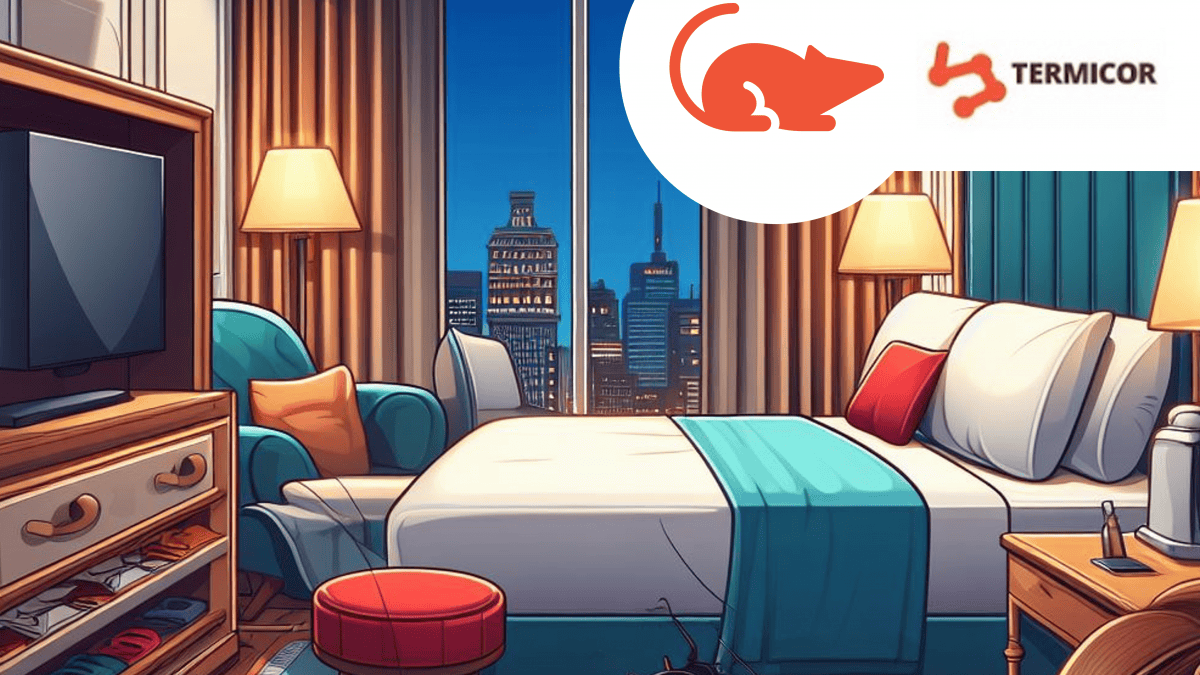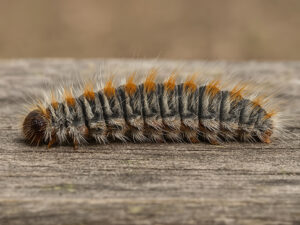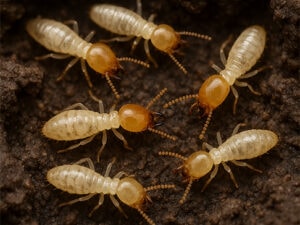Effective pest management in hotels is essential for the operation of any establishment open to the public. But it becomes especially sensitive when we talk about a hotel, since when we stay in them, it becomes our home for a short time. We sleep, eat, shower…, and the presence of pests can make our room a horror.

A Hotel’s Crucial Needs for Effective Pest Management
In the hospitality industry, providing an unforgettable guest experience is a priority. However, one silent threat can undermine all efforts: pests. Effective pest management is essential to ensure that guests enjoy a stay free of inconveniences and worries. Here are the crucial needs of a hotel to achieve effective pest management.
1. Proactive Prevention
Prevention is the first and most important step. Hotels must implement preventative measures that include regular inspections, sealing of potential entry points for pests, and rigorous hygiene protocols. A proactive approach can help prevent infestations before they occur. Proper prevention is paramount to effective pest management in hotels
2. Constant monitoring
Hotels must establish monitoring systems to detect pests at an early stage. This could include using traps, regular inspections, and training staff to identify signs of pests. Early detection is key to taking immediate action.

3. Fast and Effective Action
When an infestation is detected, the response must be quick and effective. Hotels should have a relationship with professional pest control services that use safe and effective methods. This ensures that pests are removed properly and safely.
4. Health and Safety Protection
It is critical that pest management is done safely and without putting the health and safety of guests and staff at risk. Pesticides must be used responsibly and guests must be transparently informed about any necessary treatment.
5. Regulatory Compliance
Hotels must comply with local and national regulations related to pest control. This includes being aware of the specific laws and regulations that apply to the hospitality industry in your area.
6. Staff Education and Training
Hotel staff should be trained in pest identification, preventative measures, and how to handle infestation situations. Knowledgeable staff can make a significant contribution to pest prevention and early detection.
7. Long-Term Control Programs
Pest management is not just a one-off solution. Hotels must implement long-term pest control programs to ensure that infestations do not recur. This includes regularly scheduled inspections and ongoing preventative measures.
8. Sustainable Management
Increasingly, hotels are looking for environmentally friendly and sustainable pest control solutions. This involves using methods that minimize the impact on the environment and human health, and that are aligned with sustainable practices.
9. Transparent Communication
In the event of an infestation, it is crucial that the hotel communicates transparently with guests, explaining the measures taken and ensuring their comfort and safety.
In summary, effective pest management is essential to maintaining reputation and customer satisfaction in the hospitality industry. Hotels that proactively address these needs will be better prepared to offer their guests a stay free of unwanted worries and pests.
At TERMICOR we are experts in effective management
of pests in hotels.



